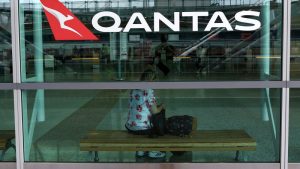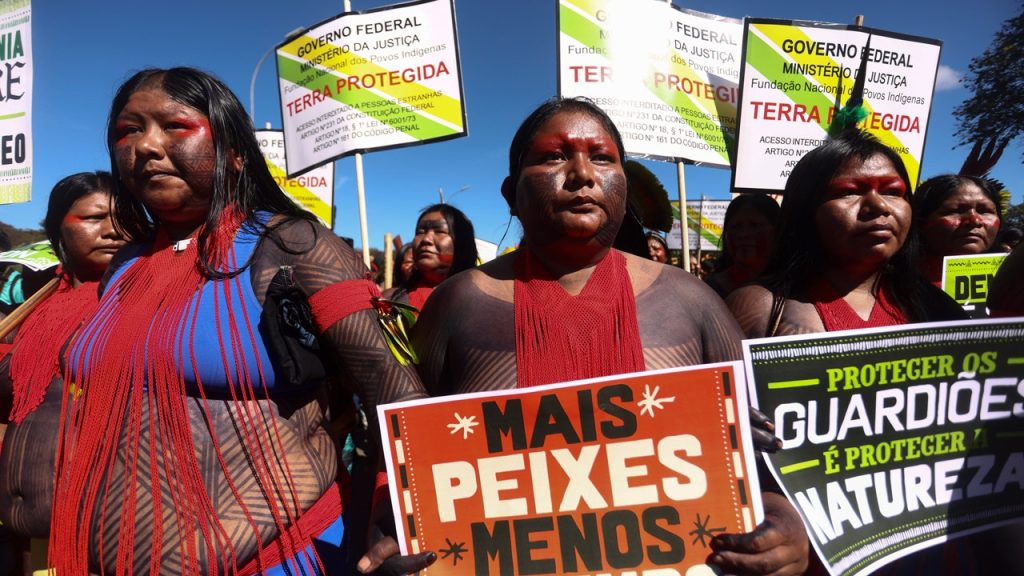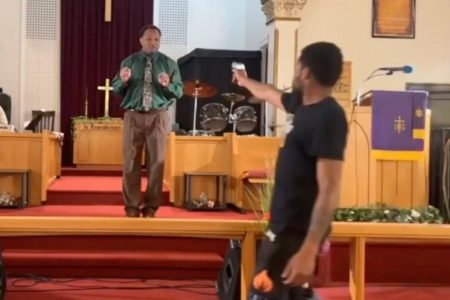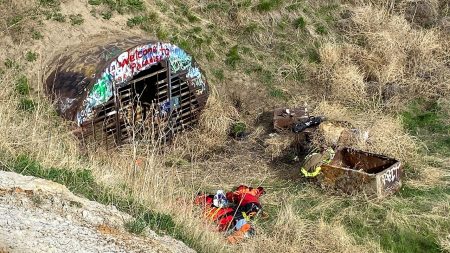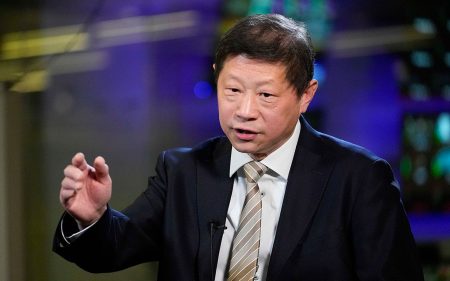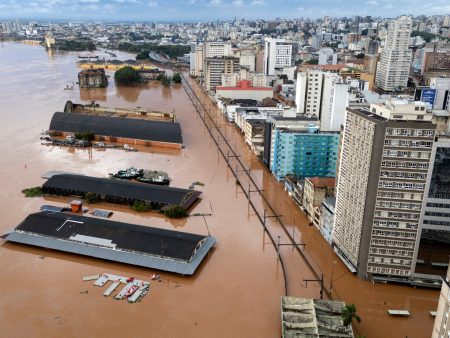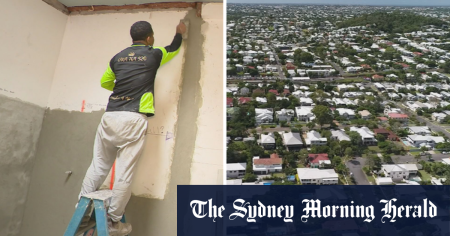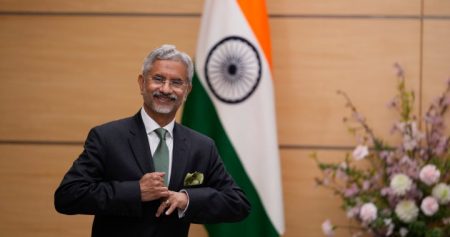Thousands of Indigenous people marched in Brazil’s capital, demanding official recognition of lands they have lived on for centuries and protection from illegal activities. They called on the government to address issues such as illegal mining and deforestation that threaten their territories. Indigenous leaders entered the presidential palace to speak with President Luiz Inácio Lula da Silva, while others protested the proposed 950-kilometer rail project that would transport soybeans through the Amazon. The rally marked the conclusion of the annual Free Land Indigenous Camp, which highlighted dissatisfaction with the government’s response to Indigenous issues.
Indigenous leaders expressed frustration with the government’s slow progress in recognizing their lands, despite the creation of 10 Indigenous territories under Lula’s administration. They emphasized that there are still hundreds of pending claims for land recognition that have yet to be addressed. Indigenous territories currently make up about 13% of Brazil’s territory, mainly located in the Amazon rainforest. The Indigenous community faces opposition from the agribusiness sector, which is supported by numerous Congress members and governors. This opposition poses a significant challenge to Indigenous communities seeking to protect their land and resources from exploitation.
The march in Brasília was marked by posters with messages like “The future is Indigenous,” emphasizing the importance of preserving Indigenous culture and heritage for future generations. Indigenous tribes such as the Kayapo, Panará, and Munduruku spoke out against the proposed rail project, citing concerns about increased deforestation and environmental destruction. The rally was planned as a critical view of Lula’s administration, which some Indigenous leaders feel has not done enough to support their rights and protect their territories.
Indigenous organizations, such as the Rio Negro Federation of Indigenous Organizations, have criticized the government for using Indigenous and environmental issues as bargaining chips in political negotiations. They have expressed disappointment in Congress’ hostile stance towards Indigenous rights and the government’s failure to prioritize Indigenous land recognition. Despite some progress in creating Indigenous territories, Indigenous leaders continue to advocate for further recognition and protection of their ancestral lands.
The Indigenous protests in Brasília represent a larger struggle for Indigenous rights and land protection in Brazil. Indigenous communities throughout the country face ongoing challenges from illegal activities, land encroachment, and environmental degradation. The march highlighted the need for greater government support and action to address these issues and protect Indigenous territories from exploitation. The protests also underscore the ongoing tension between Indigenous communities, government officials, and powerful industries that seek to exploit natural resources at the expense of Indigenous rights and environmental conservation.
The Indigenous march in Brasília reflects a united front among Indigenous communities in demanding recognition of their rights and protection of their lands. Indigenous leaders stress the importance of preserving their culture, heritage, and ancestral territories for future generations. Despite facing opposition from powerful industries and political entities, Indigenous communities continue to fight for their rights and advocate for greater government support in addressing issues such as illegal mining and deforestation. The march serves as a powerful reminder of the ongoing struggles faced by Indigenous communities in Brazil and the need for greater action to protect Indigenous rights and territories.

